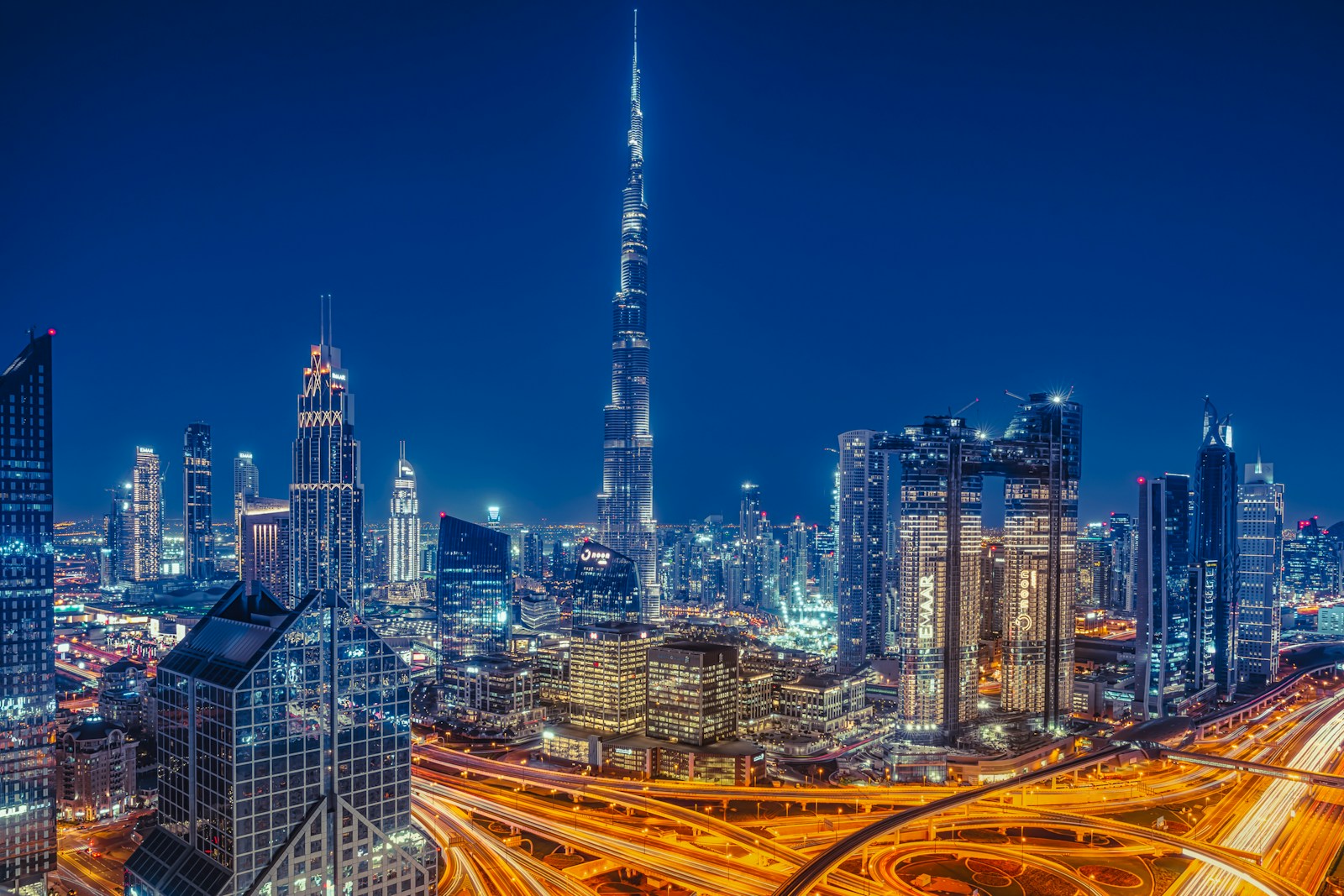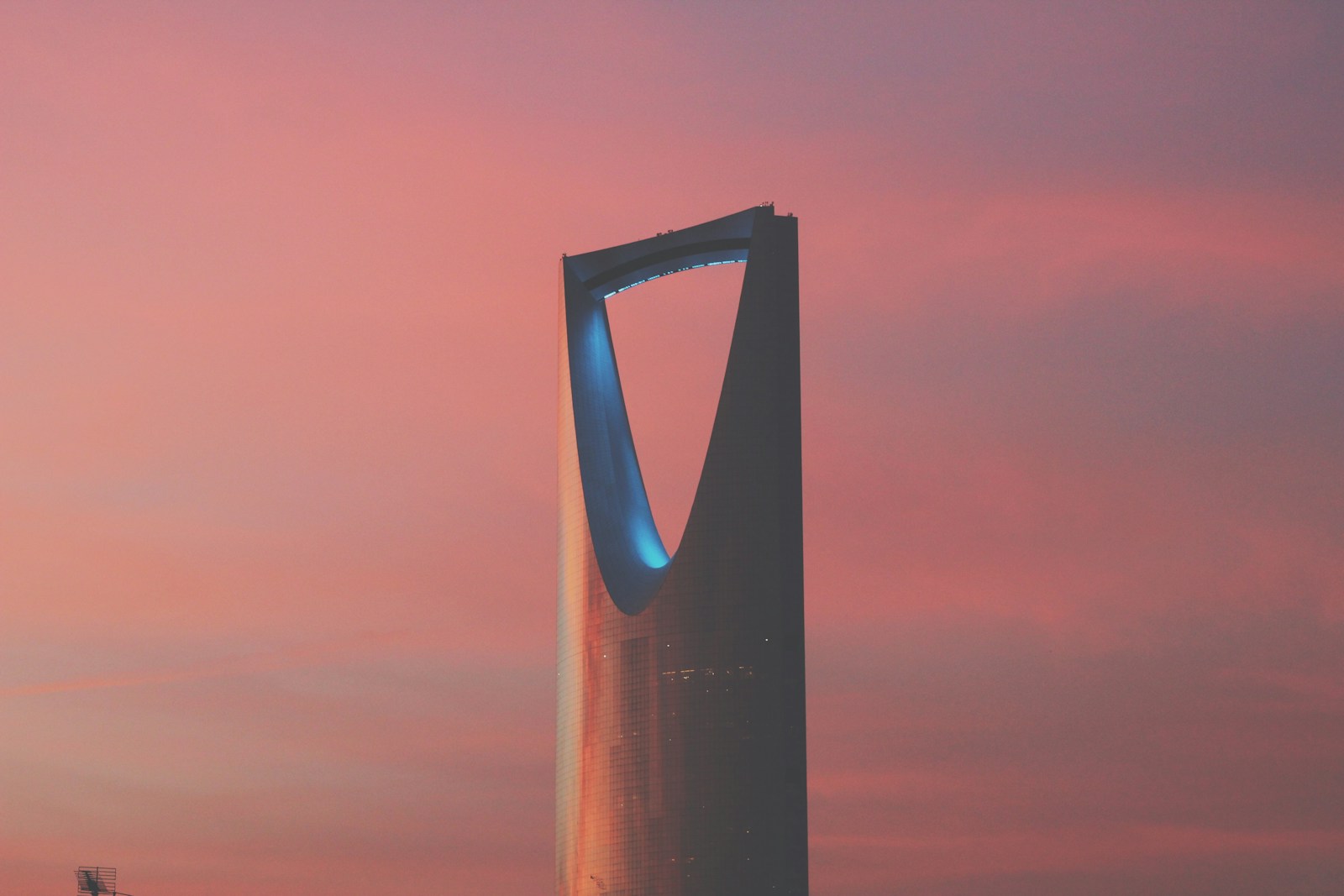Architectural design has continually transformed over the centuries, reflecting the cultural, social, and technological advancements of each era.
From the grandeur of ancient civilizations’ structures to the minimalist approach of modern architecture, the evolution of architectural design showcases the ever-changing nature of our built environment. Innovations in construction techniques, materials, and artistic influences have all played significant roles in shaping the architectural landscape we see today.
As architects and designers push the boundaries of traditional conventions, we witness a shift towards more sustainable and functional designs that respond to the needs of the present while also considering the impact on future generations. The evolution of architectural design is a dynamic process that embraces experimentation, collaboration, and a deep understanding of the relationship between space, form, and function. By exploring the past, present, and potential future of architectural design, we gain insights into the rich tapestry of influences that have shaped the buildings and structures that define our world.
Revolutionary Skyscrapers Redefining City Skylines
The skyline of cities worldwide is constantly evolving, with revolutionary skyscrapers pushing the boundaries of architectural design. These towering structures not only symbolize progress and modernity but also redefine the very essence of urban landscapes. From sleek glass facades to innovative geometric shapes, these skyscrapers stand as testaments to human ingenuity and engineering excellence.
As cities strive to accommodate growing populations and maximize limited space, architects and engineers are tasked with creating skyscrapers that are not only functional but also visually striking. The quest for taller, more sustainable, and technologically advanced buildings has led to the birth of iconic structures that dominate city skylines. These revolutionary skyscrapers not only cater to the needs of modern society but also serve as beacons of innovation and creativity in the world of architecture.
Sustainable Architecture: Building for the Future
Sustainable architecture is no longer just a trend but a necessity in today’s world. With growing concerns about environmental impact and climate change, architects and designers are increasingly focusing on creating buildings that minimize their carbon footprint and promote energy efficiency. From choosing eco-friendly materials to implementing renewable energy sources, sustainable architecture is paving the way for a greener and more environmentally conscious future.
One of the key principles of sustainable architecture is the idea of designing with the future in mind. By incorporating features that reduce energy consumption and promote sustainability, architects are not only creating buildings that are more environmentally friendly but also more cost-effective in the long run. From green roofs that help regulate temperature to passive solar design that maximizes natural light, sustainable architecture is shaping the way we build for the future.
Iconic Structures That Push the Boundaries of Design
Marvel at the bold vision and innovation showcased in iconic structures that defy conventional architectural norms. These remarkable buildings not only stand as feats of engineering but also serve as testaments to the boundless creativity within the realm of design. From the gravity-defying forms of the Burj Khalifa to the organic curves of the Guggenheim Museum Bilbao, these architectural marvels captivate us with their unique aesthetic and technical prowess.
In a world where architectural boundaries are constantly being challenged, these iconic structures stand as beacons of inspiration for aspiring architects and design enthusiasts alike. By pushing the limits of what is possible, these buildings spark a sense of wonder and appreciation for the power of architectural imagination. As we continue to witness the evolution of design, these iconic structures remind us of the transformative potential embedded in architectural innovation.
Cutting-Edge Materials and Technologies in Architecture
In the realm of contemporary architecture, the integration of cutting-edge materials and technologies has revolutionized the way we conceive and construct buildings. Architects and designers are increasingly turning to innovative solutions to push the boundaries of traditional construction methods. From advanced composite materials to digital fabrication techniques, the utilization of these new technologies is reshaping the architectural landscape.
Moreover, the advent of sustainable materials and green technologies has become a central focus in modern architectural design. With a growing emphasis on environmental responsibility, architects are harnessing the power of renewable resources and energy-efficient systems to create buildings that not only stand out for their aesthetic appeal but also prioritize sustainability and energy conservation. The use of these cutting-edge materials and technologies is not only transforming the way we build, but also shaping the future of architecture as we strive towards a more sustainable and eco-conscious approach to design.

Innovative Uses of Space in Modern Architecture
In modern architecture, the utilization of space has reached new heights, quite literally and figuratively. Architects are constantly pushing the boundaries of traditional spatial design, creating innovative and functional spaces that cater to the needs of today’s society. Through creative thinking and advanced technology, these architects are transforming the way we perceive and interact with the spaces around us.
One striking example of innovative space use can be seen in the concept of “adaptive reuse,” where existing structures are repurposed for new functions. This sustainable approach not only preserves the history and character of a building but also adds a contemporary touch that breathes new life into the space. By reimagining the possibilities of existing structures, architects are able to create unique and dynamic spaces that cater to the evolving needs of a rapidly changing world.
Architectural Marvels That Challenge Traditional Concepts
In the realm of architecture, there exists a subset of groundbreaking structures that defy conventional norms and push the boundaries of traditional design concepts. These architectural marvels serve as testaments to the creativity and innovation of architects who dare to think outside the box. By challenging preconceived notions of form, function, and aesthetics, these structures captivate the imagination and redefine the possibilities of what architecture can achieve.
From avant-garde museums with gravity-defying shapes to futuristic skyscrapers adorned with intricate facades, these architectural marvels stand as tangible expressions of human ingenuity and vision. By seamlessly blending artistry with functionality, architects have crafted structures that not only inspire awe but also spark dialogue about the evolving nature of architectural design. In a world where conformity often reigns, these daring creations serve as beacons of inspiration for aspiring architects and enthusiasts alike, urging us to rethink the very essence of what architecture can be.
The Intersection of Art and Architecture in Contemporary Design
In contemporary design, the intersection of art and architecture has become a defining feature in the creation of innovative and visually striking buildings. Architects are increasingly incorporating artistic elements into their designs, blending form and function to create spaces that not only serve a practical purpose but also evoke emotion and inspire awe. This fusion of artistic expression and architectural form has led to the development of structures that push boundaries and challenge traditional concepts, captivating the imagination of both designers and spectators alike.
From facades adorned with intricate murals to buildings that resemble sculptures in their own right, the marriage of art and architecture has brought about a new era of creativity and experimentation in the field. By infusing their designs with artistic flair, architects are able to imbue their buildings with a sense of personality and individuality, transforming them into more than just structures but into works of art in their own right. The integration of art into architectural design not only adds visual interest but also serves to create a deeper connection between the built environment and those who inhabit it, fostering a richer and more meaningful experience for all involved.
Futuristic Buildings That Capture Imagination
The architectural landscape is constantly evolving, with futuristic buildings that captivate the imagination and push the boundaries of design. These innovative structures are not just physical entities but also symbols of creativity and ingenuity. They stand as testaments to the human ability to dream big and transform those dreams into tangible realities.
Futuristic buildings that capture imagination are not constrained by traditional norms or concepts. Instead, they embrace cutting-edge technologies, sustainable practices, and visionary aesthetics to create structures that are both functional and visually stunning. As architects continue to explore new possibilities and push the limits of what is possible, these architectural marvels serve as beacons of inspiration for the future of design and construction.
Global Icons: Architectural Wonders Around the World
For those who appreciate the grandeur and significance of architectural marvels around the world, iconic structures serve as testaments to human creativity and innovation. These landmarks not only shape the skylines of cities but also stand as cultural symbols representing the values and aspirations of societies. From the towering Burj Khalifa in Dubai to the futuristic Guggenheim Museum in Bilbao, these global icons captivate the imagination and inspire awe in all who behold them.
Each architectural wonder tells a unique story, blending cutting-edge design with historical context and cultural relevance. Whether it’s the timeless beauty of the Taj Mahal in India or the modern elegance of the Sydney Opera House in Australia, these structures showcase the diversity and ingenuity of architectural visionaries across the globe. As our world continues to evolve and expand, these iconic landmarks remind us of the enduring power of architecture to shape our environment and enrich our lives.
